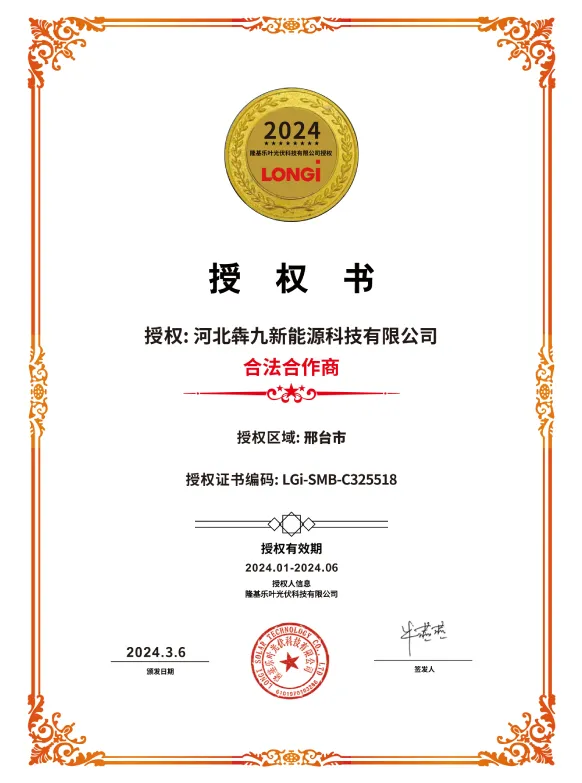Three Phase Off-Grid Solar Inverter for Efficient Energy Solutions
Understanding 3-Phase Solar Inverters for Off-Grid Systems
The shift towards renewable energy has led to a surge in the adoption of solar power, particularly in off-grid applications. A key component in these systems is the solar inverter, and among the various types available, the 3-phase solar inverter has garnered considerable attention for its efficacy and efficiency.
What is a 3-Phase Solar Inverter?
A 3-phase solar inverter is designed to convert the direct current (DC) generated by solar panels into alternating current (AC) suitable for use in residential and commercial applications. Unlike single-phase inverters, which produce a single waveform, 3-phase inverters utilize three separate phase lines. This configuration allows for a more balanced and consistent electrical load distribution, making it particularly well-suited for larger installations.
Benefits of 3-Phase Solar Inverters in Off-Grid Systems
1. Higher Efficiency 3-phase inverters are known for their ability to handle larger amounts of power more efficiently than their single-phase counterparts. This is beneficial for off-grid applications where performance and reliability are paramount. The reduced losses in energy conversion can lead to lower operational costs over the lifespan of the system.
2. Better Load Management In off-grid systems, it’s crucial to manage energy loads effectively, especially during peak usage times. A 3-phase inverter can distribute energy more evenly across multiple circuits, reducing the risk of overloads and making it easier to connect a variety of devices and appliances without compromising performance.
3. Improved Power Quality The balanced nature of 3-phase power can significantly enhance the quality of electricity supplied to the home or facility. This results in more stable voltage levels and reduced flickering, which is particularly important for sensitive electronic equipment.
4. Scalability For those looking to expand their solar energy production in the future, 3-phase solar inverters offer greater scalability. Multiple inverters can be connected in parallel to increase capacity, allowing users to adapt their systems as energy needs grow.
3 phase solar inverter off grid

5. Reduced Component Count Using a single 3-phase inverter instead of multiple single-phase inverters can simplify the system design. This reduction in components can translate to lower installation and maintenance costs, making it a more economical option for many off-grid setups.
Applications of 3-Phase Solar Inverters
These inverters are particularly popular in larger off-grid applications such as agricultural operations, remote industrial sites, and rural electrification projects. Their ability to manage high loads and deliver consistent power makes them ideal for powering irrigation systems, heavy machinery, and commercial facilities where solar electricity can offset high operational costs.
Things to Consider When Choosing a 3-Phase Solar Inverter
When selecting a 3-phase solar inverter for an off-grid system, several factors should be taken into consideration
- Power Rating Ensure that the inverter’s power rating matches your energy consumption needs. Oversizing or undersizing can lead to inefficiencies. - Compatibility Ensure compatibility with your solar panels and battery storage systems to optimize the performance of your setup. - Grid Interaction If there is a possibility of grid connection in the future, consider a hybrid inverter that can also function as a grid-tie inverter. - Durability & Reliability Choose a model designed for the specific environmental conditions of your installation site, especially if it’s subject to extreme weather.
Conclusion
In summary, 3-phase solar inverters present a robust solution for off-grid solar power systems. Their advantages in efficiency, load management, and scalability make them a favorable choice for both residential and commercial applications. As the demand for renewable energy continues to grow, understanding the role of advanced inverter technology will be essential for optimizing solar energy use in off-grid environments.
-
Understanding the Advantages of Solar String Inverters for Your Energy SystemNewsApr.29,2025
-
Choosing the Right PV Inverter: A Comprehensive GuideNewsApr.29,2025
-
The Future of Solar Power: Exploring Bifacial Solar PanelsNewsApr.29,2025
-
The Complete Guide to Solar Panels: Efficiency, Cost, And InstallationNewsApr.29,2025
-
The Best Options for Efficiency and Cost-EffectivenessNewsApr.29,2025
-
Harnessing the Power of Off-Grid Solar Inverters for Energy IndependenceNewsApr.29,2025







